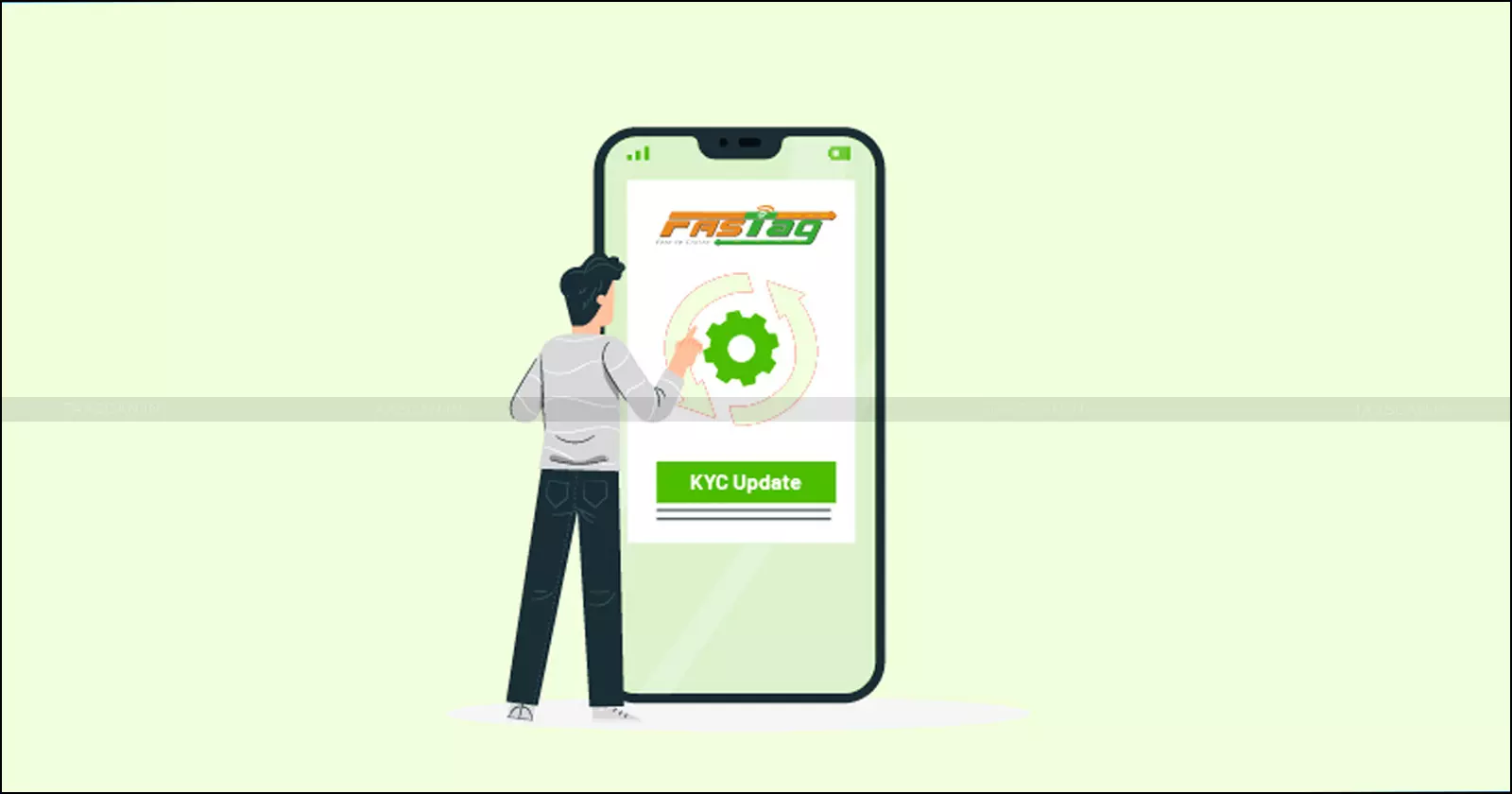Toll Payments get Complicated with "KYV" Requirements: All You Need to Know About the New FASTag KYC-like Compliance Rule
The new ‘Know Your Vehicle’ (KYV) process adds another layer of compliance for motorists, requiring periodic verification of FASTags linked to their vehicles

If recurring KYC verifications for bank accounts weren’t enough, Indian vehicle owners now have a fresh compliance headache to deal with the Know Your Vehicle (KYV) mandate. Rolled out as a mandatory verification process from October 31, 2024, KYV seeks to clean-up the FASTag ecosystem amid growing misuse of tags across vehicle categories.
The National Highways Authority of India (NHAI), in coordination with the National Payments Corporation of India (NPCI), introduced KYV to ensure every FASTag is linked and affixed to the correct vehicle. Users must now upload their vehicle registration certificate (RC) and clear photos showing the FASTag fixed on the vehicle’s windshield - both front and side views with visible number plates and axles.
Authorities discovered several cases of FASTag misuse including people keeping loose tags in wallets, using the same tag across multiple vehicles, or even attaching car FASTags to trucks to pay lower tolls. KYV aims to link every tag correctly to its respective vehicle and ensure accurate toll categorisation.
The verification isn’t a one-time affair either. To maintain database integrity, motorists will have to repeat KYV every three years. FASTags failing to meet KYV norms will be automatically deactivated, leading to denial of toll passage or on-the-spot hassles.
Your Ultimate Guide to India’s Latest Income Tax Laws, Click Here
Officials say the move stems from cases of misuse and fraud, including instances where truck drivers used FASTags meant for smaller vehicles to pay lower tolls. “Some people were keeping loose FASTags in wallets and using them across vehicles. KYV will put an end to such misuse,” an official from the road transport ministry explained.
The initiative is also being positioned as a precursor to India’s upcoming Multi-Lane Free Flow (MLFF) tolling system, which aims to remove barriers and allow vehicles to pass through toll plazas without stopping. For that seamless model to work, officials insist, each vehicle must have one valid, verified tag.
While officials maintain KYV is essential to curb misuse and prepare for MLFF tolling, for many motorists it represents yet another bureaucratic maze - one that turns the simple act of paying a toll into a compliance ordeal.
Support our journalism by subscribing to Taxscan premium. Follow us on Telegram for quick updates


